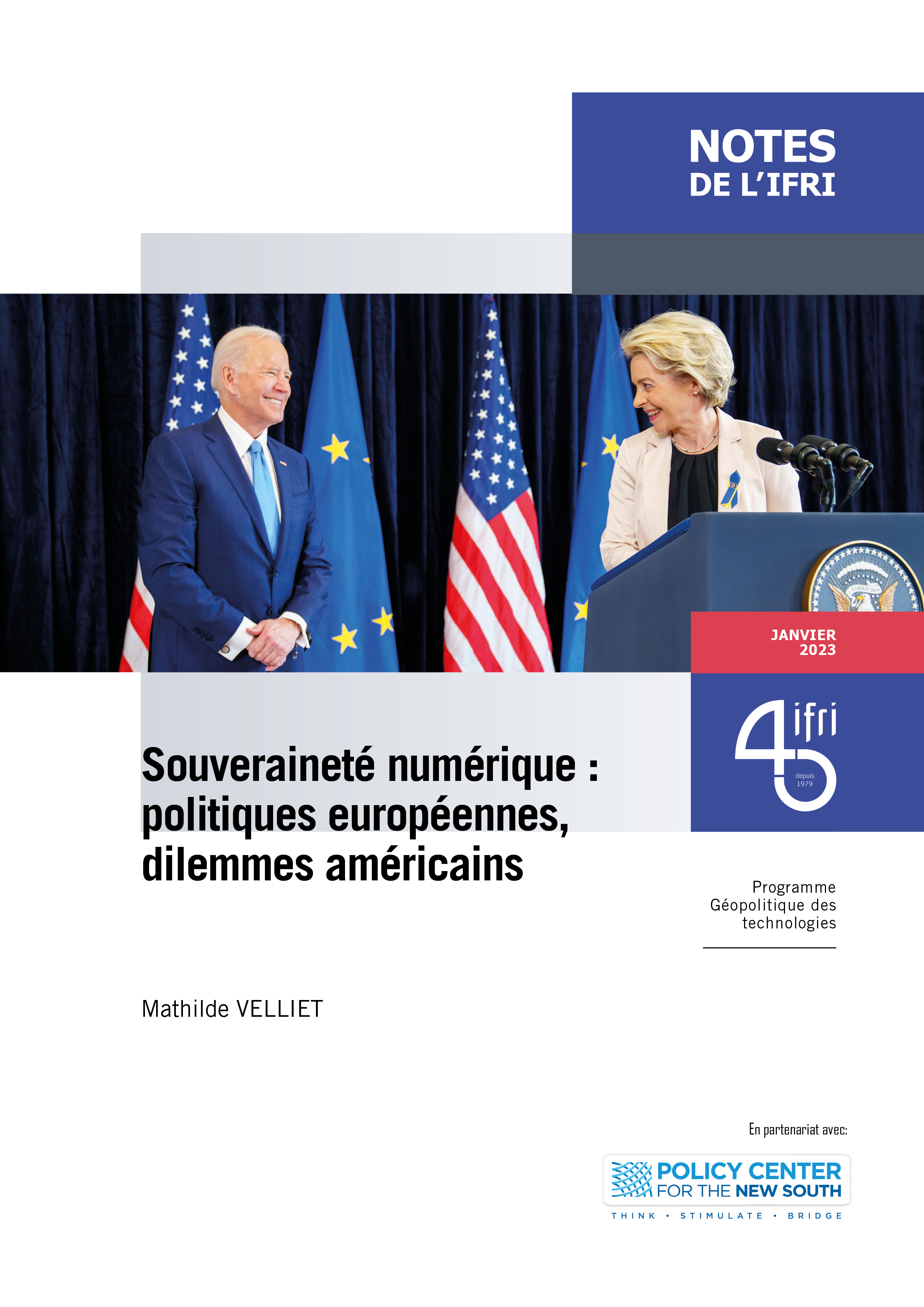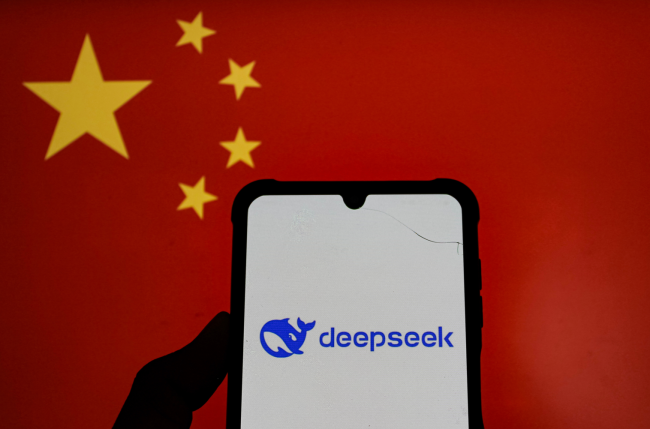Digital Sovereignty: European Policies, American Dilemmas

European digital sovereignty has been made a priority by Ursula von der Leyen’s European Commission. Due to the privileged position of American companies in the European market, Brussels’ efforts towards digital sovereignty (on privacy, antitrust, data sovereignty, etc.) are closely scrutinized by American policymakers.

They often view European initiatives as “protectionist” and unfairly targeting U.S. companies.
However, the American vision of European digital sovereignty has evolved in recent years under the influence of two main factors. On the one hand, awareness of the problematic effects and practices of platforms has led to a consensus on the need for reform in the digital sector. On the other hand, technological competition with China has been elevated to a priority.
This vision remains fraught with contradictions, along inter-party, intra-party, inter-agency, state-federal, and issue-based fault lines. Washington’s position on anti-monopolistic practices is an illuminating example, characterized by a double discourse between a desire to reform the U.S. digital sector domestically and active diplomacy to dilute these efforts at the European level. Nonetheless, several American actors – particularly in the legislative branch – are seeking to learn from the successes and flaws of European regulations for American reform projects, such as on platform regulation or privacy.
The China factor reinforces the ambiguity of the U.S.’ position. It creates new opportunities for cooperation in the face of perceived common vulnerabilities (infrastructure security, inbound investments, etc.) and autocratic definitions of digital sovereignty. However, it also raises tension and misunderstanding on the American side towards European reforms that often target American companies more than Chinese ones.
Lastly, while American and European companies have adapted to the need for digital sovereignty through a range of technical and commercial solutions, the temptation of a maximalist definition of European sovereignty continues to create major stumbling blocks, particularly on the cloud.
This paper is available in two languages:

Available in:
Regions and themes
ISBN / ISSN
Share
Download the full analysis
This page contains only a summary of our work. If you would like to have access to all the information from our research on the subject, you can download the full version in PDF format.
Digital Sovereignty: European Policies, American Dilemmas
Related centers and programs
Discover our other research centers and programsFind out more
Discover all our analysesThe Sustainability of Space Operations: An Opportunity for European Leadership?
As space becomes a key arena for power projection strategies, while facing growth and diversification of orbital activities, the concept of “space sustainability” is emerging as a new framework of analysis for space governance.
The “Huawei Saga” in Europe Revisited: German Lessons for the Rollout of 6G
While the European Union attempted to coordinate a collective response through its 5G Toolbox in Europe’s 5G infrastructure, member states diverged significantly in balancing political, economic, and technological considerations. Germany, despite its economic ties to China and status as Europe’s largest telecom market, only reached a tentative agreement in July 2024—one that appears largely symbolic.
European Startups and Generative AI: Overcoming Big Tech Dominance
Europe is at a crossroads. Faced with the domination of American Big Tech across the entire generative Artificial Intelligence (AI) value chain, from foundation models to cloud infrastructure, distribution channels, and open source, it risks long-term technological and economic decline. Yet generative AI also represents a major opportunity for economic transformation, with a potential value estimated at 1.5 times France’s gross domestic product (GDP). To turn it into a driver of renewal, Europe must move beyond the illusion of total technological independence and instead build an ecosystem that leverages Big Tech resources while strengthening its own innovation capabilities.
A "DeepSeek Moment"?
DeepSeek, hailed as a champion of Chinese AI, represents less a revolution than a significant optimization of existing technologies. Doubts remain regarding the figures put forward by the start-up, inviting a more measured response to the media hype surrounding China’s technological catch-up. Nonetheless, DeepSeek signals the need to question an economic model based solely on the race for computational power. By betting on open innovation, Europe can carve out its own path in a competition that is far from being a zero-sum game.











